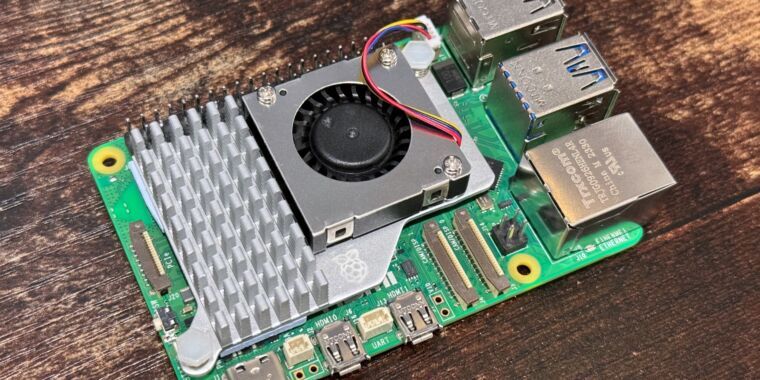The business arm of Raspberry Pi is preparing to make an initial public offering (IPO) in London. CEO Eben Upton tells Ars that should the IPO happen, it will let Raspberry Pi’s not-for-profit side expand by “at least a factor of 2X.” And while it’s “an understandable thing” that Raspberry Pi enthusiasts could be concerned, “while I’m involved in running the thing, I don’t expect people to see any change in how we do things.”



I wouldn’t necessarily read too much into this.
I think most people’s aversions to the concept of IPOs stems from the fact that it lies at the end of the not-too-uncommon lifecycle of VC-backed companies:
Post-IPO the company has to abide by the regular rules of being a company, meaning that they never really re-capture what it was like when they had a large stack of free money to make all deals sweeter than the competition.
All this to say is that the damage is done once you raise VC capital. Raspberry Pi has raised one fairly small round, so there’s potentially some damage done there, but it’s way less than your average tech startup did throughout the years, so this doesn’t necessarily have to mean that everything will go to hell now.
Thanks for explaining the cycle, my assumption was that bringing in board members is what ruins everything.
No, going overnight from running at a massive loss to “time to make loads of cash” is what ruins everything.